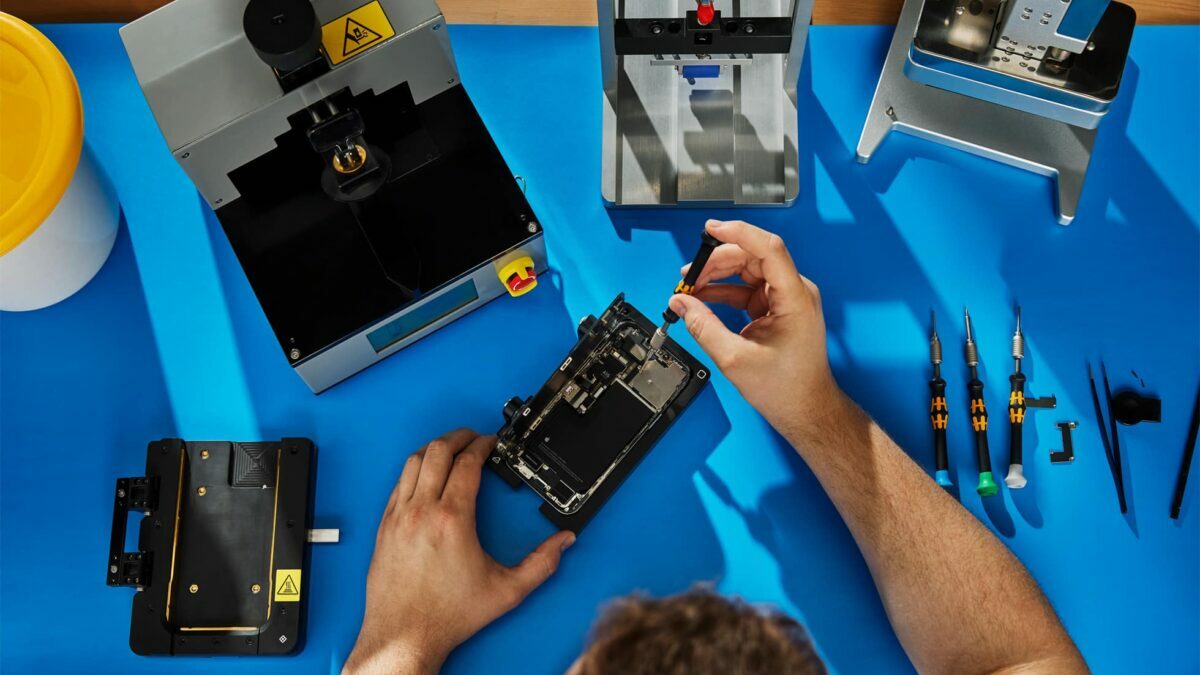The European Union (EU) has taken a significant step towards reducing electronic waste and empowering consumers by adopting new right-to-repair rules. These rules could particularly impact companies like Apple with its controversial “parts pairing” requirement, which may not be allowed under the updated EU regulations.

The new legislation requires manufacturers to extend the warranty of a product by one year if it is repaired while still under warranty. This encourages consumers to choose repair over replacement. Even after the warranty period ends, companies are required to repair common household products, including smartphones, TVs, washing machines, vacuum cleaners, and more.
Repairs must be offered at a “reasonable” price, preventing companies from intentionally discouraging repairs through high costs. Manufacturers are mandated to provide spare parts and tools for repairs, and they cannot block repairs by using hardware or software techniques. The new rules also allow the use of 3D-printed or second-hand parts from repair shops, and manufacturers cannot refuse to repair a product solely for economic reasons or because it was previously repaired by someone else.
These new rules could particularly impact companies like Apple with its controversial “parts pairing” requirement. Apple’s practice of preventing third-party replacements of certain device components may not be allowed under the new EU rules.

However, the new rules only cover consumer products, excluding products purchased by businesses or industrial goods. Vague wording such as “reasonable price” leaves room for interpretation, and companies can refuse to comply by citing “legitimate and objective factors.”
The US is also progressing on right-to-repair laws, with individual states working on legislation. California’s law, effective in July, will require manufacturers to make repair materials available for all electronics and appliances that cost $50 or more.
The adoption of these new right-to-repair rules by the European Union is a significant step towards reducing electronic waste and empowering consumers. By making repairs more accessible and affordable, these rules not only benefit consumers but also contribute to environmental sustainability. As the EU sets an example, other regions, including the US, are also moving towards implementing similar regulations.
Read more: